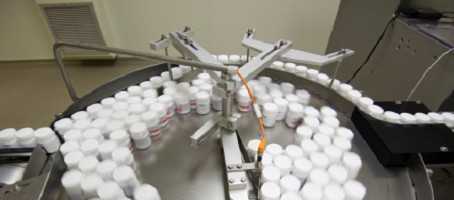Researchers from Joslin Diabetes Center have shown that improving HbA1c has a substantial effect on reducing the risk of kidney failure in type 1 diabetes.
The study reviewed patients at higher risk of end stage renal disease (ESRD) for up to 15 years. 349 participants with type 1 diabetes and chronic kidney disease (CKD) at stages 1 to 3 were reviewed over the course of the study. At the start of the study, all participants had relatively poor blood glucose control, with an average HbA1c of 9.3% (78 mmol/mol).
Kidney disease (nephropathy) is one of the main complications of diabetes and there are 5 stages of chronic kidney disease. Stage 1 of kidney disease is where the kidneys are operating normally with the exception of higher than normal levels of protein in the urine. At stage 3, functioning of the kidneys will be moderately reduced. Stage 5 marks end stage renal disease ESRD where the kidneys require either dialysis or a kidney transplant to keep living.
The researchers monitored levels of HbA1c and progression of CKD in the participants. The researchers noted that whilst a review of kidney health after 5 years showed no clear difference between those with improved diabetes control and those with unimproved or worsening control, at the 10 year and 15 year stages, risks of suffering kidney failure were significantly reduced in participants with better control.
When statistical analysis was applied, the researchers showed that each 1% (11 mmol/mol) drop in HbA1c levels, the risk of developing end stage renal disease was reduced by 24%. The results emphasise the importance of maintaining as good control of type 1 diabetes as possible.
Even if your control is significantly above the recommended target of 48 mmol/mol (6.5%), don’t be disheartened as achieving and maintaining a modest reduction of HbA1c by 10 or 20 mmol/mol can make a big difference in lowering your long term risk of kidney failure. Whilst type 1 diabetes can be a difficult condition to manage, even small changes to improve control can give you better results and more confidence to make further changes to further improve your control.
What's new on the forum? ⭐️
Get our free newsletters
Stay up to date with the latest news, research and breakthroughs.








